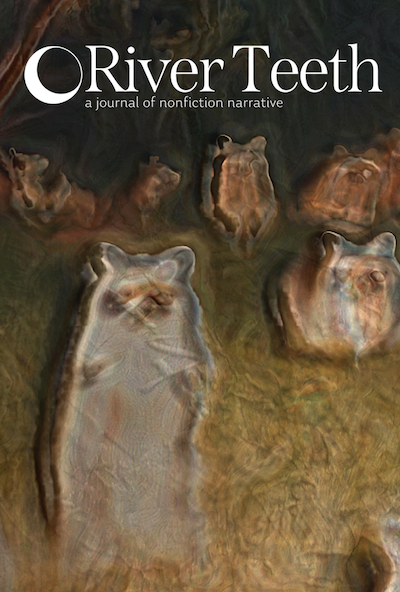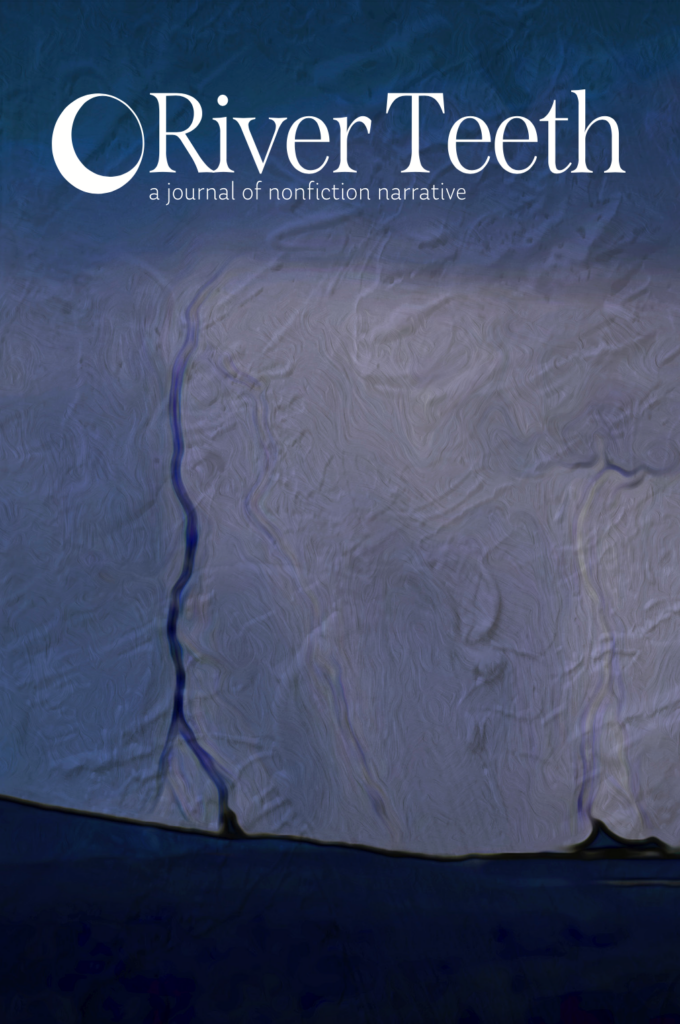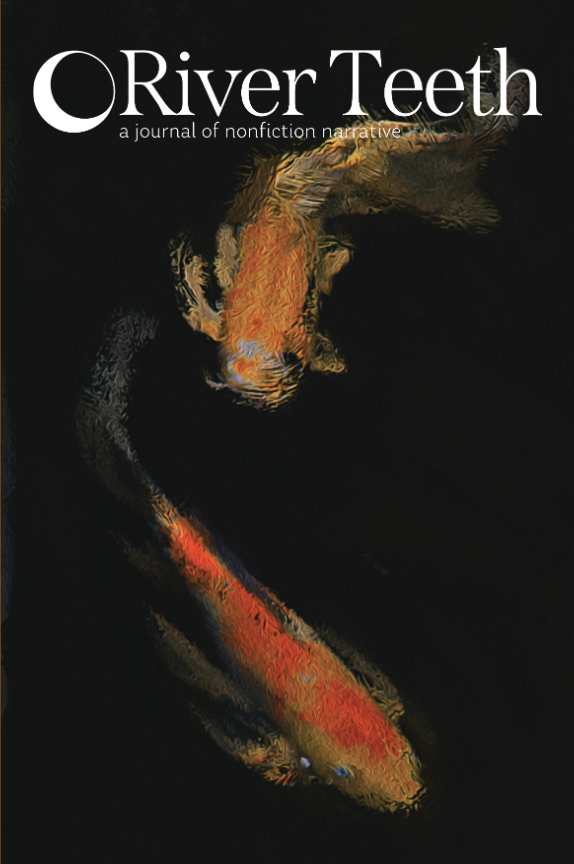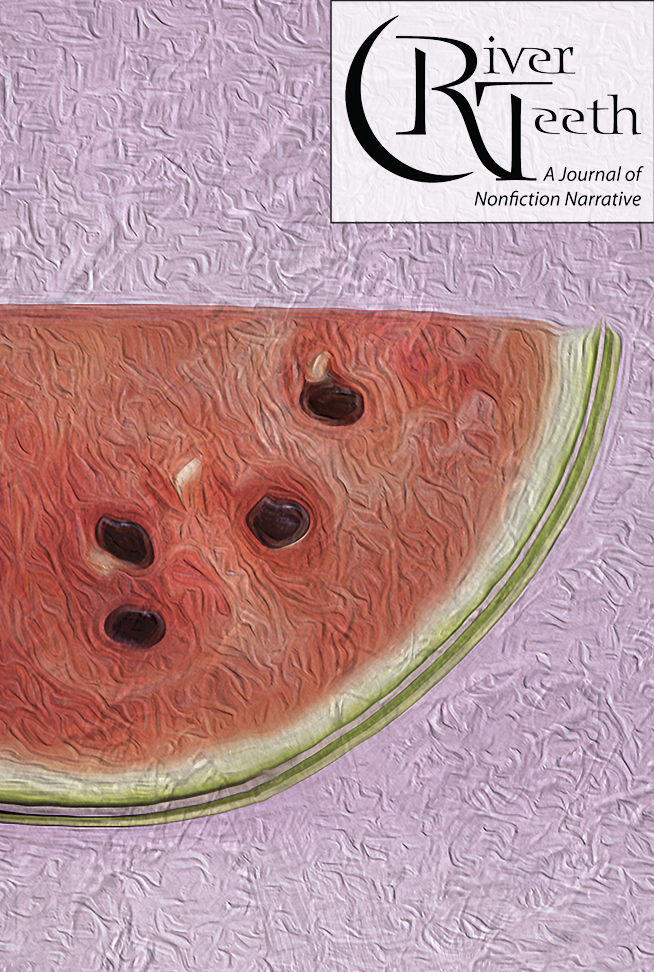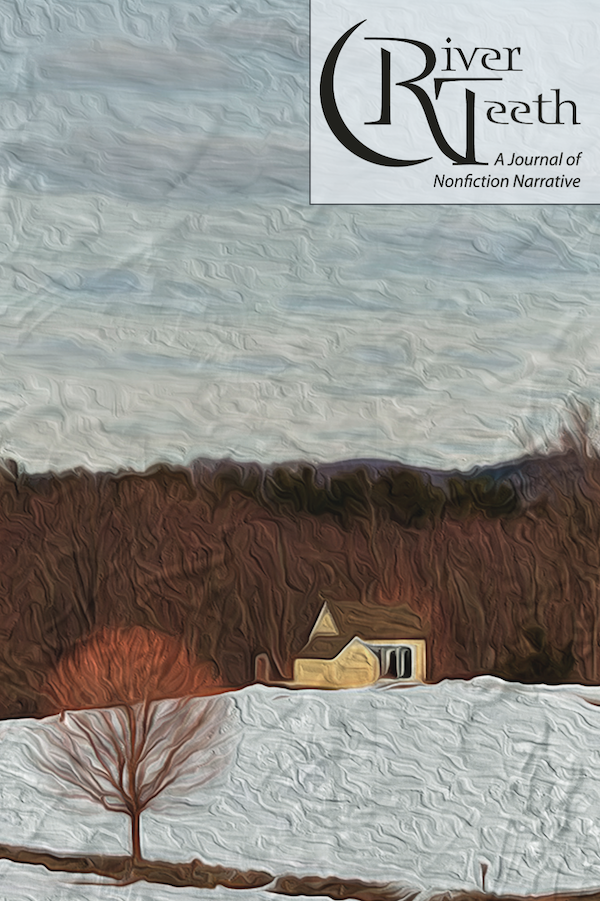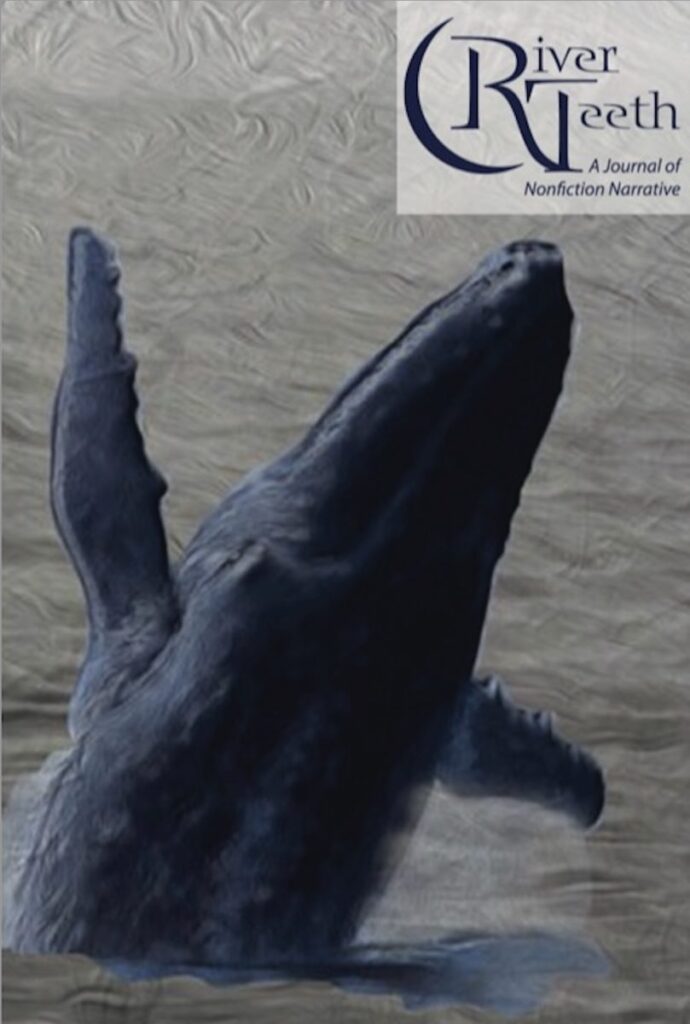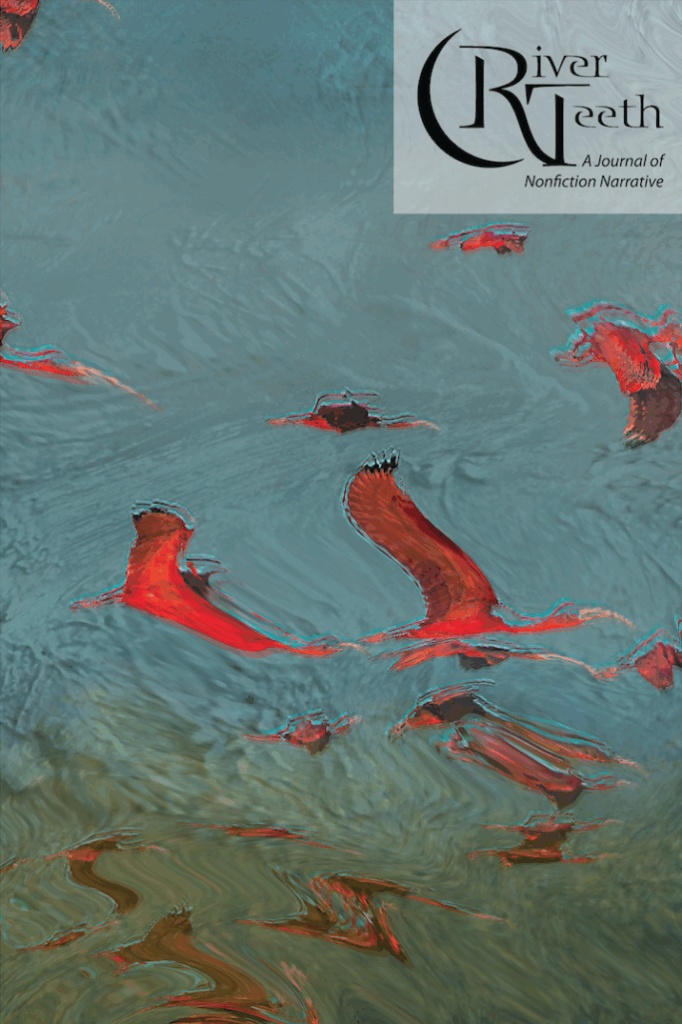By Daniel W. Lehman
In an engrossing interview published in this issue, veteran author and Brevity editor Dinty Moore drops a metaphor that speeds to the heart of great writing. Speaking of short essays with writer/editor Judith Kitchen, Moore says that the brief essay for which he searches “is kind of like parachuting out of a plane right into the fire. It’s like those very great Park Service people who jump out of planes and land thirty yards from where the fire is burning. I feel like the writer starts the reader there, and it’s hot from the first sentence.”
While Moore is describing the sort of essay for which Brevity is justly acclaimed, his metaphor can be applied to many stellar pieces of nonfiction. Of course, the effective exceptions will make for the welcome variations that, in turn, prove the rule. Still, nothing makes the virtues of a powerful start more clear than the pleasure of tearing open some thousand envelopes a year—each one containing a manuscript, a story to tell, on which rides someone’s writerly hope.
Jumping into the fire is not a bad way to begin.
Take the River Teeth issue at hand. When Karen Babine writes, “A scant distance from my toes, the world drops off,” most people will peer over the precipice with her. We peer over a precipice of another sort with Mimi Schwartz when she writes: “If it weren’t for Hitler, Willy Weinberg would have been a cattle dealer in Rindheim, Germany like his father and grandfather and great grandfather.” The sentence carries its trouble within it; we shudder to peer into this slice of Hitler’s hell.
Exploring a different sort of trouble with a different sort of stakes, Joe Kraus begs our indulgence: “Allow me to begin with a confession. As a boy, I was fascinated with tormenting a particular colony of ants. I stepped on clusters of them as they scurried from one hole to another. I took a stick to others and crushed just thorax, abdomen, or head, leaving the rest intact and wriggling.”
Other openings may be subtle, may pack their punch behind the velvet glove of the brooding image. Witness Floyd Skloot: “When Beverly and I enter the nursing home, its doors always close behind us with a sigh.” Openings might demand our immediate attention, as does Omar Eby: “I woke in the pearly morning light of Mogadishu, Somalia, to a woman’s wailing.”
Openings can also skewer us with descriptions so fresh, so immediate, so sensuous that we are drawn inside the text almost from the first word, alert and ready to go. Sydney Lea writes: “There’s a list of everyday chores taped to the dash of my trailworn Subaru, which our kids call Old Stinky for the reek of pipe smoke and mud and fish—and four gundogs. So what else would top the list but dog food?”
The special pleasure and problem of nonfiction, of course, is that this material is drawn from the world, from memory and from documentation, from unveiling the inner life and tracking down its outward ramifications. Memory and knowledge are tricky business, as both Kraus and Eby tease out in their explorations of intertwined memory and fact—a realm where the remembered moment and its explored aftermath can threaten to cancel each other out.
“I have not thought to examine the site of that presumably long-vanished colony in well over a decade,” Kraus confesses of his ant bashing days. “I suspect the ground there is as the ground in the rest of the yard: grassy and rocky, a B-grade picnic surface. . . . Memory is like that. Writing is the business of bearing witness to things that threaten to become unreal.”
Or as Eby puts it when he contrasts two angles on the shrieking woman in Mogadishu: “The attempt to retrieve the honest shape of an earlier life is hard work. Even when one resists the seduction of self-deception, self-congratulation, sentimentality, and narcissism, chaff gets into the grains of winnowed memory. One must constantly puff at such chaff to gain the truthful sheen.”
For that intersection of memory and truth is where the fire burns hottest. If you wish to explore that terrain and to bring your reader with you, you could do worse than leap right into its heat.
–DWL



